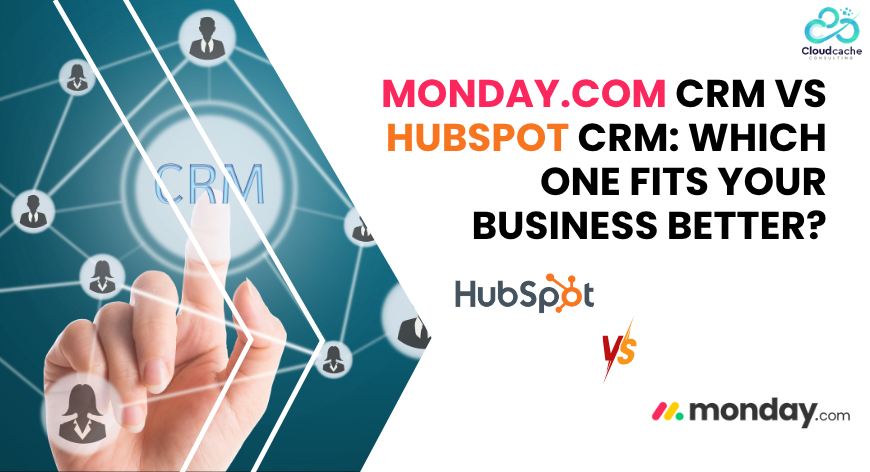
Monday.com CRM vs HubSpot CRM: Which One Fits Your Business Better?
As businesses grow, so do their needs for managing customer relationships, sales processes, and internal workflows. Choosing the right CRM can feel overwhelming, especially when your business is growing and your teams are handling more customers, projects, and data than ever before. The CRM you pick will directly affect how your team communicates, closes deals, tracks projects, and supports customers.
Among the many options available, Monday.com CRM and HubSpot CRM are two standout platforms. While both are popular, they offer different strengths that cater to different business needs. Whether you're managing a fast-moving sales team or juggling marketing campaigns and project tasks, understanding what each platform offers is the first step to making the right choice.
Let’s take a deep dive into how these two CRMs compare in terms of features, usability, pricing, and more.
What is Monday.com
Monday.com CRM is built on the foundation of Monday's Work OS, a highly visual and flexible platform. Originally created for project management, Monday has evolved into a full-featured CRM that allows teams to customize their sales pipeline, track customer interactions, manage tasks, and more. Its biggest strength lies in its ability to combine project management with CRM functions, all within one user-friendly workspace.
What is HubSpot CRM
HubSpot CRM is ideal for businesses that prioritize inbound marketing and sales automation. HubSpot’s CRM allows companies to manage their contacts, automate email campaigns, track leads, and analyze marketing efforts — especially helpful for teams focused on growth and customer acquisition.
Monday.com CRM vs HubSpot CRM
Feature Comparison
Let’s break down how Monday CRM and HubSpot CRM stack up across some key feature areas:
Customization
Monday CRM offers extensive customization options. Teams can tailor their boards, columns, and automation rules to match any workflow, whether it’s sales, client onboarding, or support.
HubSpot CRM also offers customization, but it is more structured. While you can personalize fields and pipelines, deeper customization is limited unless you move to higher-tier paid plans.
Interface Design
Monday CRM is visual and dynamic. It uses color-coded boards, drag-and-drop tools, and interactive dashboards that make work more engaging.
HubSpot is less flashy but very intuitive, especially for users new to CRM systems.
Automation Capabilities
Monday CRM enables users to automate repetitive tasks such as assigning leads, sending notifications, and updating deal statuses. These automations can be easily built using simple logic and triggers.
HubSpot CRM excels in marketing automation. Users can create complex email workflows, lead nurturing sequences, and trigger-based tasks that align closely with sales and marketing goals.
Third-Party Integrations
Monday CRM Works with tools like Slack, Microsoft Teams, Google Workspace, and over 200 other apps.
HubSpot CRM connects with external apps like Gmail, Outlook, Salesforce, and Zapier, making it suitable for marketing-focused teams.
Sales Pipeline Management
Monday CRM offers a flexible and visual pipeline setup. You can customize deal stages, view them in multiple formats (Kanban, calendar, table), and create dashboards to monitor performance.
In HubSpot CRM, It’s easy to update the sales pipeline, and it connects well with contact records and email tracking features.
Reporting and Analytics
Monday CRM comes with customizable reports and dashboards that help teams visualize performance metrics, timelines, and project status.
HubSpot CRM offers strong reporting tools, particularly in sales and marketing. Users can track campaign results, conversion rates, and pipeline efficiency through pre-built or custom reports.
Customer Support
Monday CRM provides 24/7 customer support on paid plans, along with an extensive knowledge base and video tutorials.
HubSpot CRM has a large user community, a well-organized support center, and live chat or phone support available for paid users.
Ease of Use
Monday CRM is ideal for teams that enjoy working in a visual, interactive environment. While its flexibility is a big plus, it might take some time for new users to fully understand all the features and customization possibilities.
HubSpot CRM is built for simplicity. It’s incredibly easy to set up, and users can get started without any technical knowledge. For teams focused on managing contacts, sending emails, and automating marketing tasks, HubSpot provides a smoother onboarding experience.
Pricing Plans
Let’s take a quick look at how both platforms are priced:
| Plan Type | Monday CRM | HubSpot CRM |
| Free Plan | basic | includes vital CRM functions |
| Paid Plans | Plans Starts at $10/user/month | Starts at $50/month (Marketing Hub) |
| Trial | 14-day free trial on premium plans | No Trial but robust free version available |
Note: HubSpot’s modular pricing means costs can add up if you add multiple hubs (Sales, Marketing, Service). Monday’s pricing is more user-based and straightforward.
Strengths Recap
Why Choose Monday CRM
Ideal for teams that need project and CRM tools in one place.
Visual rich, ideal for complex workflows.
Helpful for inter-dept operations.
Why Choose HubSpot CRM
Perfect for sales and marketing teams focused on inbound strategies.
Offers excellent automation for email, lead tracking, and follow-ups.
A robust free version makes it appealing for small businesses.
Scales well with advanced marketing and sales tools as you grow.
Potential Limitations
Monday CRM Limitations
May feel overwhelming for users who just want a simple CRM.
Doesn’t include in-depth marketing automation features.
HubSpot CRM Limitations
Scaling with multiple hubs can become costly.
Limited project management.
Which One Should You Pick?
Your choice between Monday.com CRM and HubSpot CRM comes down to how your team operates and what your goals are.
If you need a flexible workspace to handle sales, support, and project management together, Monday CRM is the better fit.
If your primary goal is to attract, engage, and convert leads, especially through inbound marketing strategies, HubSpot CRM is the way to go.
Final words
Both Monday and HubSpot are excellent tools, but their value depends on how you plan to use them. Need help deciding? Let our CRM experts walk you through a free consultation.
At CloudCache Consulting, we’ve worked with clients across industries—helping them implement CRM solutions that align with their specific business workflows. From operations-heavy companies to marketing-focused startups, we understand the subtle differences that make one CRM better than another for your unique needs.
Take a look at our Upwork profile to see honest feedback from our happy clients.
Latest Posts
-

-

-

Top workflow automation tools in 2025
Jul,8 2025 -
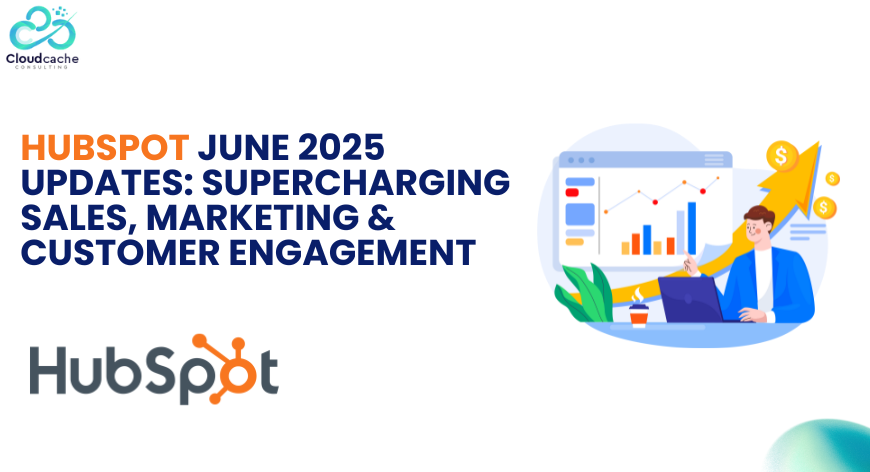
-

-
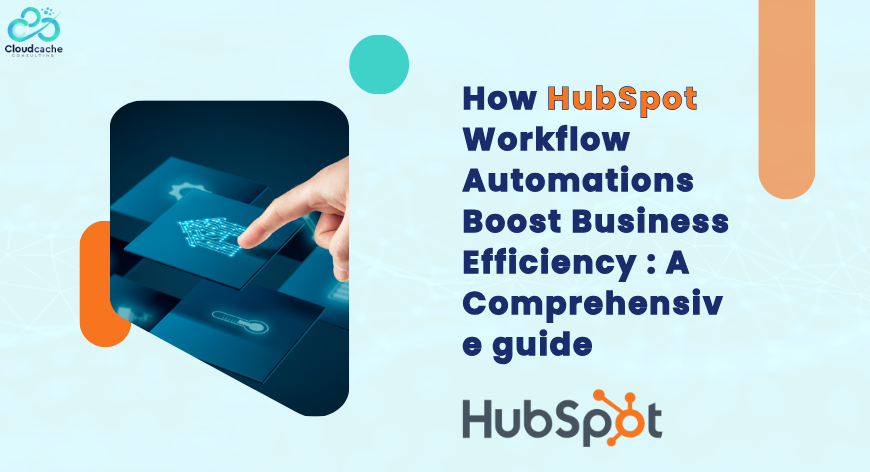
-
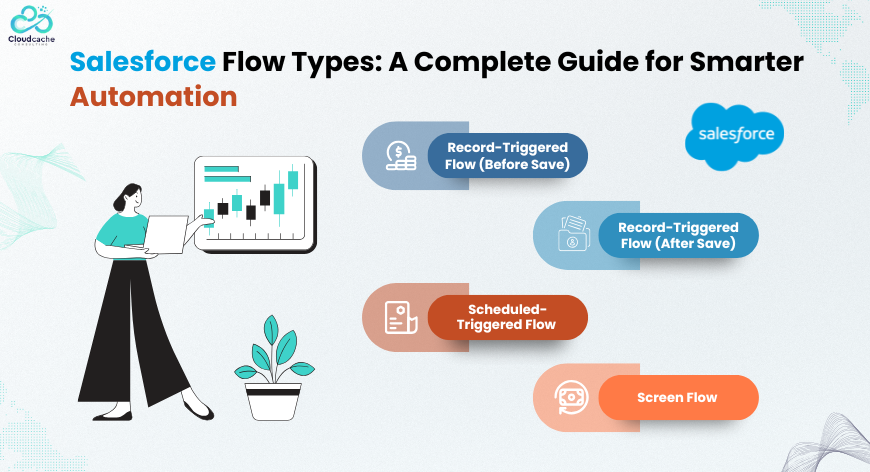
-
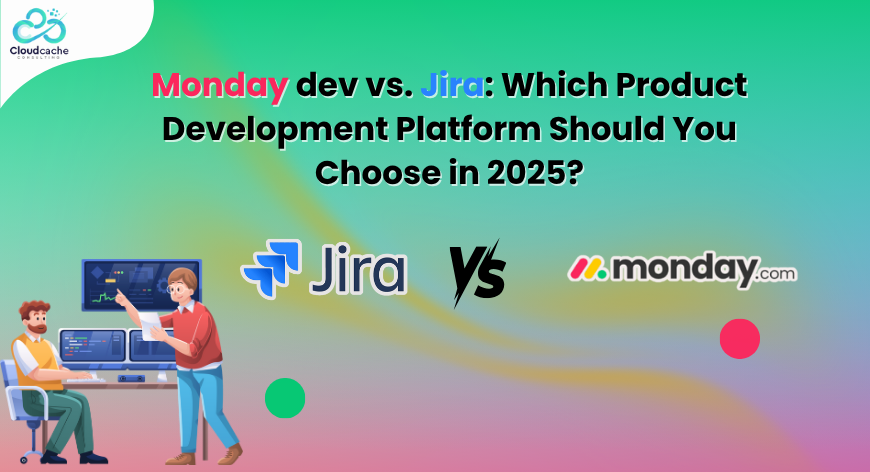
-
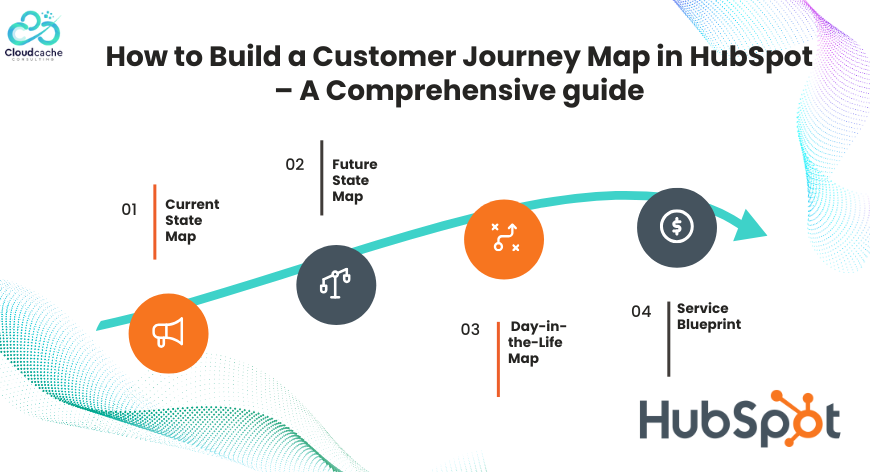
-


Leave a Reply
Your email address will not be published.